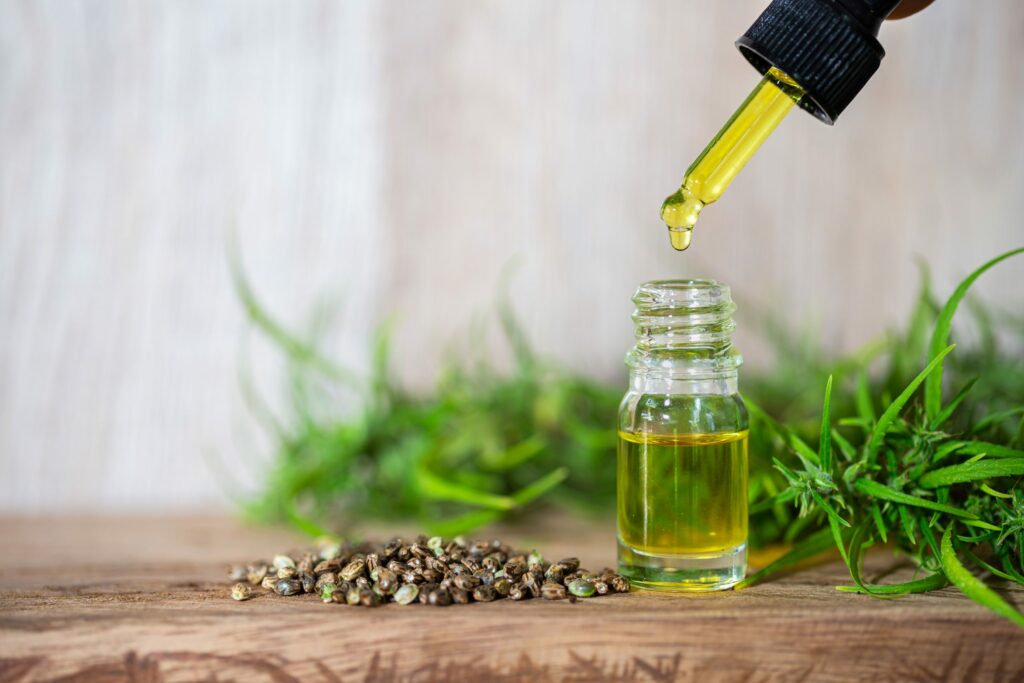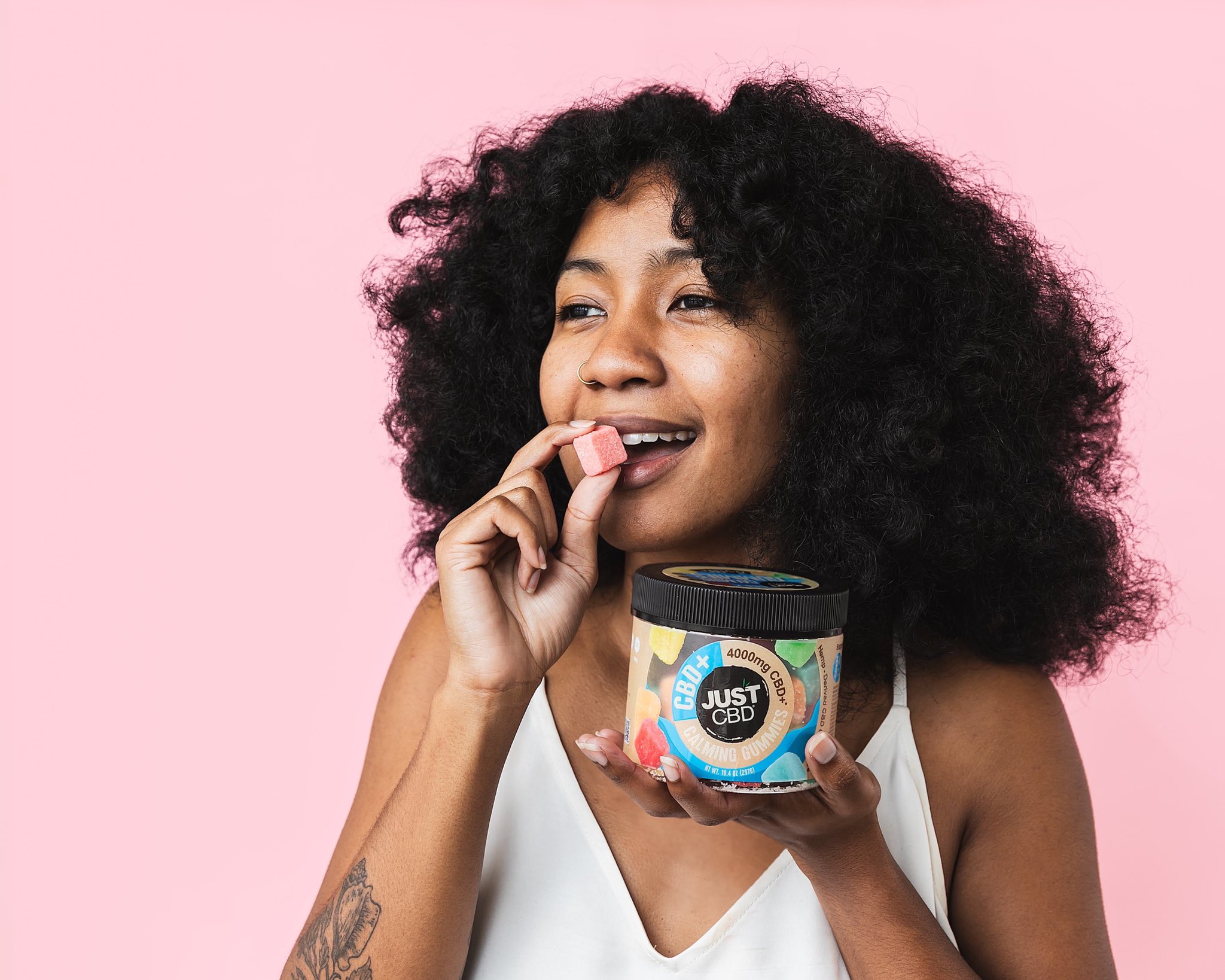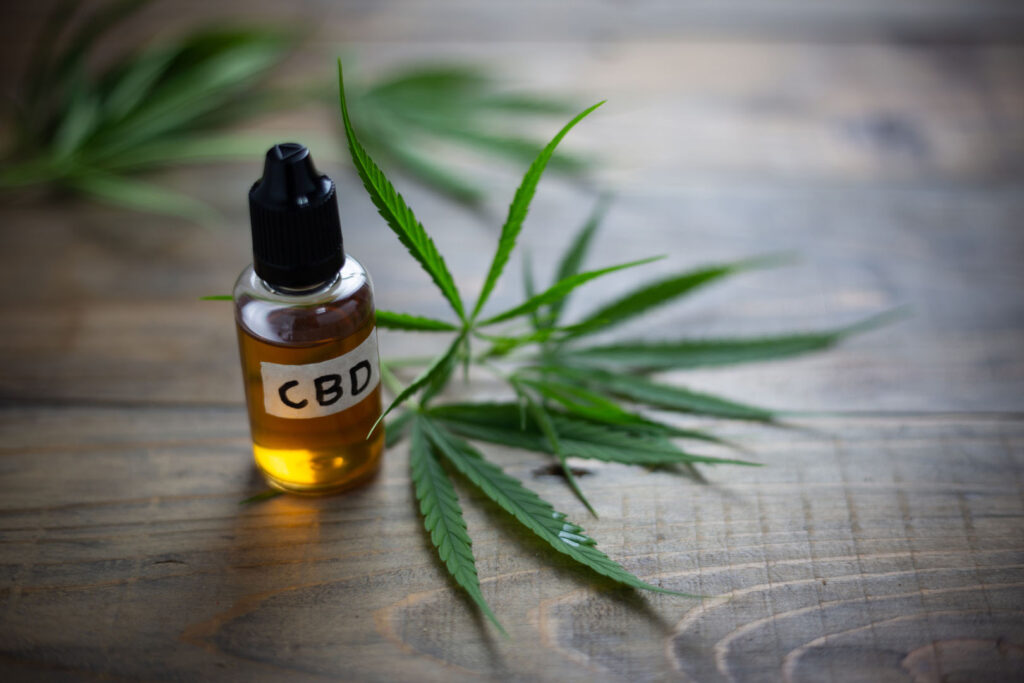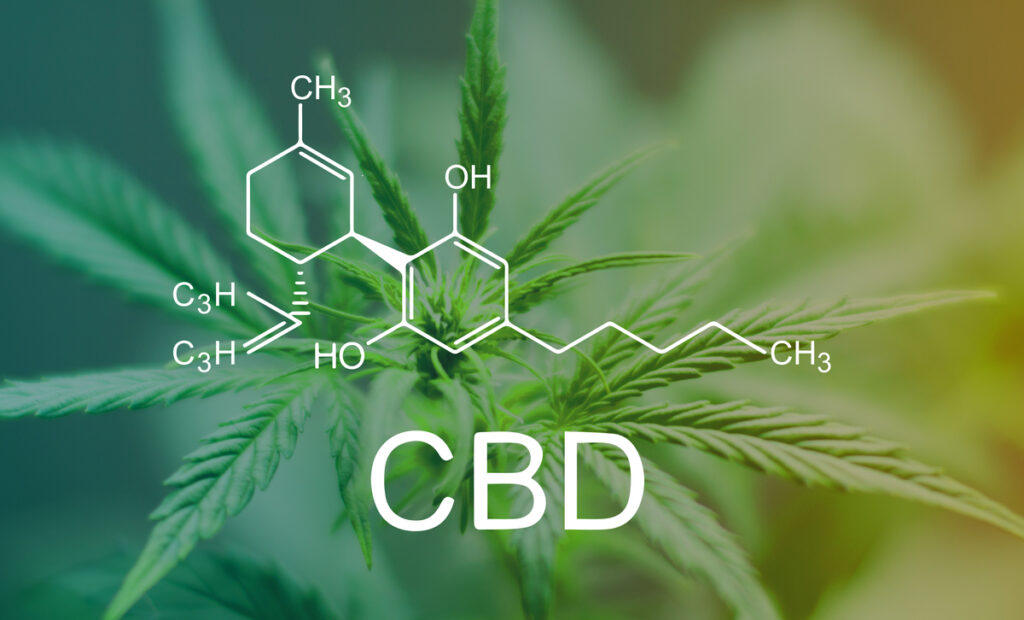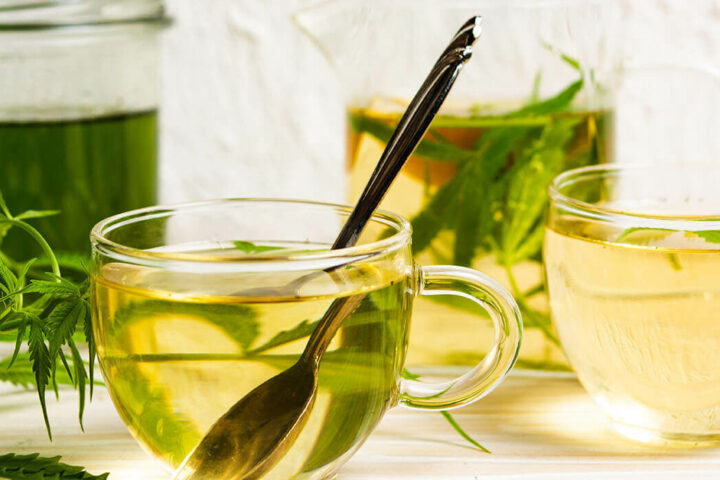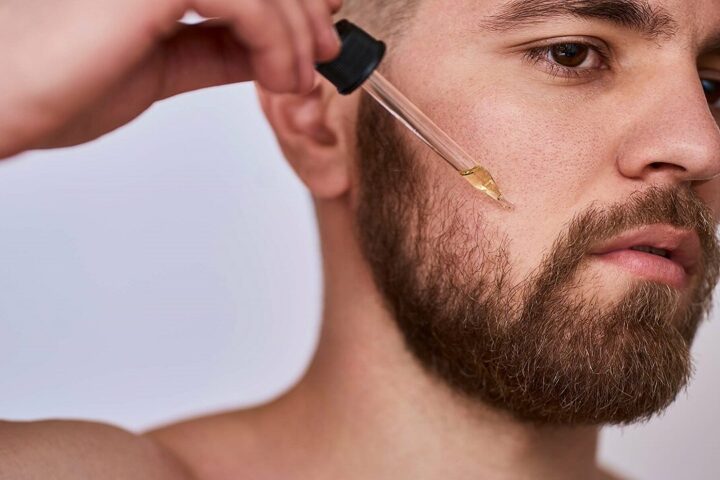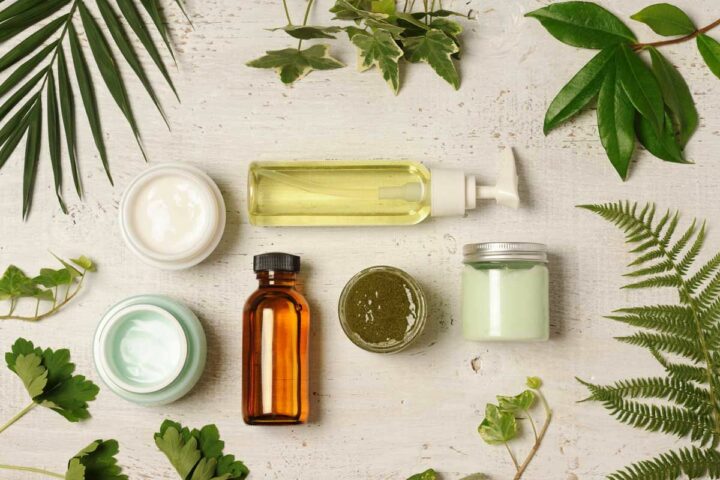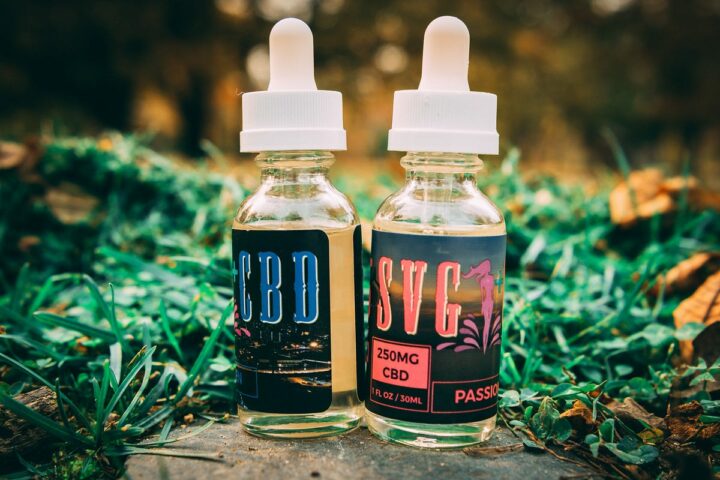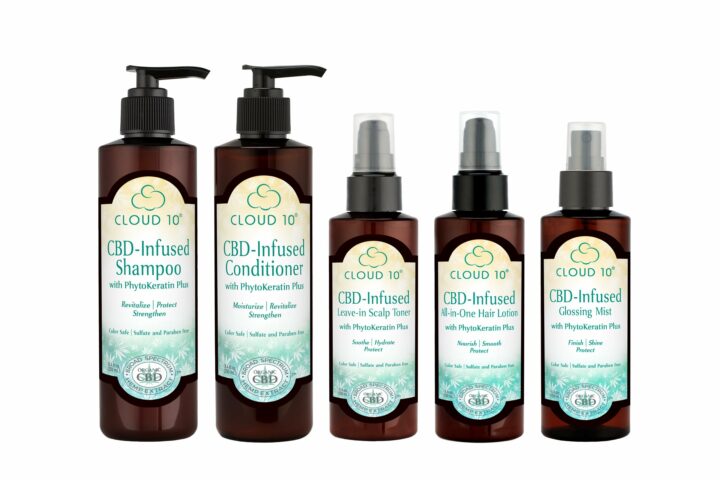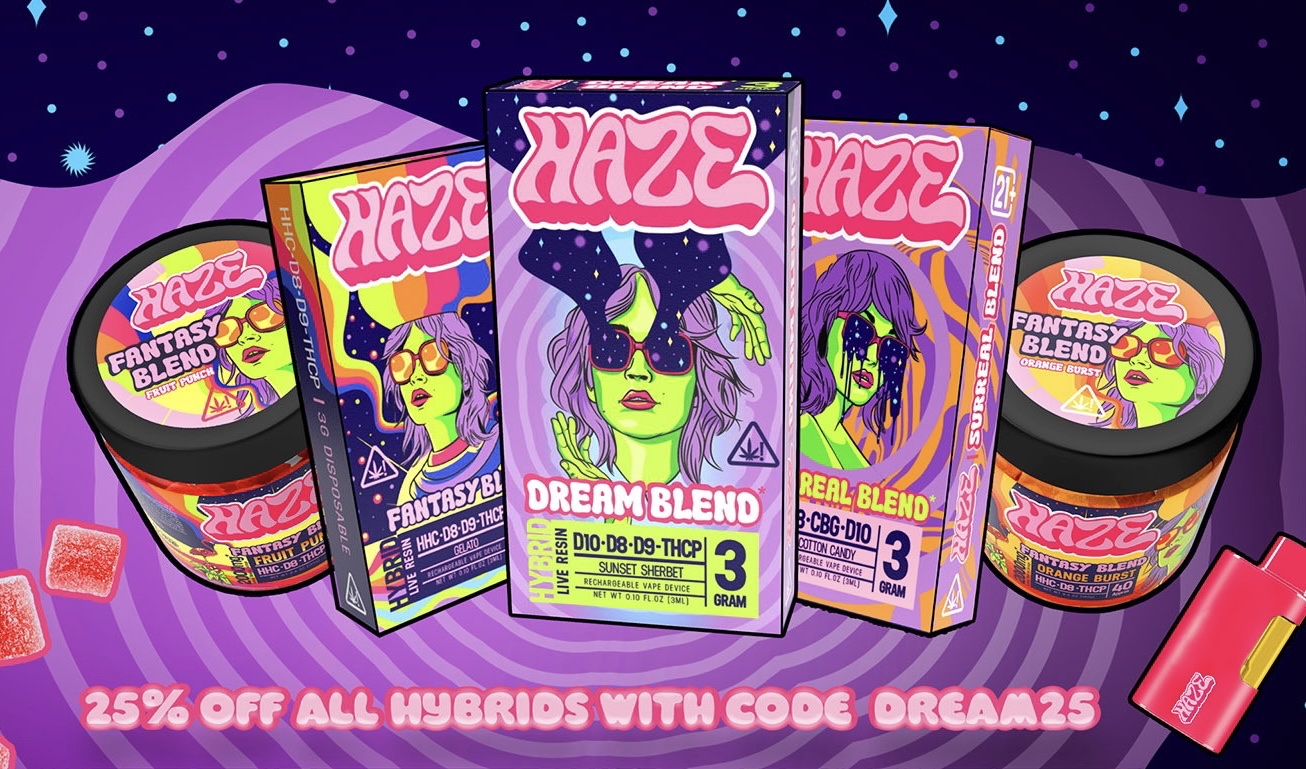CBD Oil
What is CBD Oil
CBD (cannabidiol) oil is a type of oil that is extracted from the cannabis plant. It is a non-intoxicating compound that is known for its potential therapeutic benefits, which include reducing pain and anxiety, improving sleep, and alleviating symptoms of certain medical conditions.
Here is a comprehensive guide on CBD oil:
1. What is CBD oil?
CBD oil is a concentrated liquid extract that is derived from the cannabis plant. The oil is made by extracting the CBD compound from the plant material using a variety of methods, such as CO2 extraction or solvent extraction. The resulting oil is then typically mixed with a carrier oil, such as MCT oil or hemp seed oil, to make it easier to consume.
2. How does CBD oil work?
CBD oil works by interacting with the body’s endocannabinoid system (ECS). The ECS is a complex system of receptors and neurotransmitters that helps regulate a wide range of bodily functions, such as mood, appetite, and pain sensation. CBD interacts with the ECS in a variety of ways, which can help alleviate symptoms of certain medical conditions.
3. How is CBD oil used?
CBD oil can be used in a variety of ways. It is commonly taken sublingually (under the tongue), where it is absorbed into the bloodstream through the mucous membranes. CBD oil can also be added to food and beverages or applied topically to the skin.
4. How much CBD oil should I take?
The appropriate dosage of CBD oil varies from person to person and depends on a variety of factors, such as the individual’s weight, metabolism, and medical condition. It’s best to start with a low dose of CBD oil and gradually increase the dosage until you achieve the desired effects.
5. What are the potential benefits of CBD oil?
CBD oil has been studied for its potential therapeutic benefits, which include reducing pain and inflammation, alleviating anxiety and depression, improving sleep, and reducing symptoms of certain medical conditions, such as epilepsy and multiple sclerosis.
6. Is CBD oil legal?
The legality of CBD oil varies by country and state. In the United States, CBD oil derived from hemp (a variety of cannabis with less than 0.3% THC) is legal under federal law, while CBD oil derived from marijuana is illegal under federal law but legal in some states. In other countries, the legality of CBD oil varies. It’s important to research the laws in your area before purchasing or using CBD oil.
Conclusion
CBD oil is a concentrated liquid extract that is derived from the cannabis plant. It interacts with the body’s endocannabinoid system to potentially provide therapeutic benefits, such as reducing pain and anxiety, improving sleep, and alleviating symptoms of certain medical conditions. It’s important to research the laws in your area before purchasing or using CBD oil.
How to use CBD Oil
Here is a comprehensive guide on how to use CBD oil:
1. Determine the right dosage
The appropriate dosage of CBD oil varies from person to person and depends on a variety of factors, such as weight, metabolism, and medical condition. It’s best to start with a low dose of CBD oil and gradually increase the dosage until you achieve the desired effects. The general recommended dosage is 1-6 mg of CBD per 10 pounds of body weight.
2. Choose the right type of CBD oil
There are different types of CBD oil available on the market, such as full-spectrum, broad-spectrum, and CBD isolate. Full-spectrum CBD oil contains all of the compounds found in the cannabis plant, including THC (tetrahydrocannabinol), while broad-spectrum CBD oil contains all of the compounds found in the cannabis plant except for THC. CBD isolate is pure CBD extract and contains no other compounds. Choose the type of CBD oil that best suits your needs and preferences.
3. Determine the method of consumption
CBD oil can be consumed in a variety of ways. The most common methods of consumption include:
- Sublingual: Place a few drops of CBD oil under your tongue and hold it there for 60-90 seconds before swallowing. This method allows for quick absorption into the bloodstream.
- Oral ingestion: CBD oil can be added to food or beverages, such as smoothies or coffee. This method takes longer to take effect, as the CBD has to go through the digestive system before being absorbed into the bloodstream.
- Topical application: CBD oil can be applied directly to the skin to alleviate pain and inflammation. This method is best for localized pain and skin conditions.
4. Store the CBD oil properly
CBD oil should be stored in a cool, dark place away from direct sunlight, heat, and moisture. Exposure to these elements can degrade the quality of the oil and reduce its effectiveness.
5. Observe the effects
After consuming CBD oil, observe how your body reacts to the substance. Take note of any changes in mood, pain, or other symptoms. Adjust the dosage and method of consumption as needed.
Conclusion
CBD oil can be consumed in a variety of ways, including sublingually, orally, and topically. It’s important to determine the right dosage and method of consumption based on your individual needs and preferences. CBD oil should be stored properly and its effects should be observed to determine its effectiveness.
CBD Oil Dosing
Here is a comprehensive guide on CBD oil dosing:
1. Start with a low dose
It’s always best to start with a low dose of CBD oil and gradually increase it until you achieve the desired effects. The recommended starting dose is 1-6 mg of CBD per 10 pounds of body weight. For example, if you weigh 150 pounds, the starting dose would be 15-90 mg of CBD.
2. Consider your medical condition
The appropriate dose of CBD oil depends on the severity of your medical condition. For mild symptoms, a lower dose may be sufficient, while more severe symptoms may require a higher dose. Consult with your healthcare provider to determine the appropriate dosage for your medical condition.
3. Consider the type of CBD oil
The type of CBD oil you’re using can also affect the dosage. Full-spectrum CBD oil contains all of the compounds found in the cannabis plant, including THC, while broad-spectrum CBD oil contains all of the compounds found in the cannabis plant except for THC. CBD isolate is pure CBD extract and contains no other compounds. Full-spectrum CBD oil may require a lower dose than CBD isolate, as the other compounds in the oil can enhance the effects of CBD.
4. Consider the method of consumption
The method of consumption can also affect the dosage of CBD oil. Sublingual consumption, where the oil is placed under the tongue, allows for quicker absorption into the bloodstream and may require a lower dose than oral ingestion or topical application.
5. Adjust the dosage as needed
After taking the initial dose of CBD oil, observe how your body reacts to the substance. If the effects are too mild, gradually increase the dosage until you achieve the desired effects. If the effects are too strong, reduce the dosage. It’s important to consult with your healthcare provider before making any changes to your CBD oil dosage.
6. Be consistent with dosing
Consistency is key when it comes to CBD oil dosing. Take the same dose at the same time every day to maintain consistent levels of CBD in your system. It’s also important to be patient, as it may take several weeks of consistent dosing to achieve the full benefits of CBD oil.
Conclusion
CBD oil dosing depends on a variety of factors, such as weight, medical condition, type of CBD oil, and method of consumption. It’s important to start with a low dose and gradually increase it until you achieve the desired effects. Consistency is key when it comes to CBD oil dosing, and it’s important to consult with your healthcare provider before making any changes to your dosage.
Benefits of CBD Oil
Here is a comprehensive guide on the benefits of CBD oil:
1. Pain Relief
CBD oil has been shown to alleviate pain by interacting with the endocannabinoid system (ECS) in the body. The ECS is responsible for regulating various bodily functions, including pain sensation. CBD oil can help reduce pain caused by conditions such as arthritis, multiple sclerosis, and chronic pain.
2. Anxiety and Depression
CBD oil has been found to have anxiolytic and antidepressant effects, which can help alleviate symptoms of anxiety and depression. CBD oil can also help reduce anxiety in individuals with conditions such as social anxiety disorder and post-traumatic stress disorder (PTSD).
3. Neuroprotective Properties
CBD oil has been shown to have neuroprotective properties, which can help protect the brain from damage caused by conditions such as stroke, Alzheimer’s disease, and Parkinson’s disease. CBD oil can also help improve the symptoms of epilepsy and other seizure disorders.
4. Anti-inflammatory Properties
CBD oil has been found to have anti-inflammatory properties, which can help reduce inflammation in the body. This can be particularly beneficial for individuals with conditions such as inflammatory bowel disease, arthritis, and acne.
5. Cancer Treatment
CBD oil has been shown to have anti-cancer properties, which can help prevent the growth and spread of cancer cells. CBD oil can also help alleviate the side effects of cancer treatments such as chemotherapy and radiation therapy.
6. Cardiovascular Health
CBD oil has been found to have beneficial effects on the cardiovascular system. CBD oil can help reduce blood pressure, improve blood flow, and reduce the risk of heart disease.
7. Addiction Treatment
CBD oil has been shown to have potential as a treatment for addiction. CBD oil can help reduce the symptoms of withdrawal from substances such as opioids and nicotine.
Conclusion
CBD oil has a wide range of potential health benefits, including pain relief, anxiety and depression relief, neuroprotective properties, anti-inflammatory properties, cancer treatment, cardiovascular health, and addiction treatment. While more research is needed to fully understand the benefits of CBD oil, the existing research suggests that it may be a promising treatment option for a variety of health conditions.
Legality of CBD in the UK
Here is a comprehensive guide on the legality of CBD in the UK:
1. The Legal Status of CBD
CBD (cannabidiol) is legal in the UK, as long as it meets certain criteria. The UK government has classified CBD as a “novel food” under EU regulations, meaning that it must be tested and approved before it can be sold as a food product.
CBD products can also be sold as supplements or cosmetics, as long as they do not make any medical claims. However, CBD products must contain less than 0.2% THC (tetrahydrocannabinol) to be legal in the UK. THC is the psychoactive compound found in cannabis that produces the “high” associated with the drug.
2. CBD and Medicinal Use
In November 2018, the UK government legalized the medicinal use of cannabis products, including CBD oil, for certain medical conditions. To be prescribed CBD oil for medicinal use, the product must be licensed by the Medicines and Healthcare products Regulatory Agency (MHRA).
3. Buying CBD Products
CBD products can be purchased in various forms, including oils, capsules, creams, and edibles. However, it is important to ensure that the product you are purchasing is legal and safe to use.
When purchasing CBD products, look for products that have been tested by a third-party laboratory and have a certificate of analysis (COA). This will ensure that the product contains the correct amount of CBD and does not contain any harmful contaminants.
4. Driving and CBD
It is important to note that using CBD products can result in a positive drug test for THC. This is because some CBD products may contain trace amounts of THC, which can accumulate in the body over time.
If you are driving, it is important to be aware of the potential effects of CBD on driving ability. While CBD is not psychoactive like THC, it can still cause drowsiness and affect reaction times.
Conclusion
In summary, CBD is legal in the UK as long as it meets certain criteria, such as containing less than 0.2% THC. CBD can be purchased in various forms, but it is important to ensure that the product is legal and safe to use. When using CBD products, be aware of the potential effects on driving ability and consult with a healthcare professional if you have any concerns.
FAQs-CBD Oil
What is CBD oil good for?
CBD oil, or cannabidiol oil, has gained popularity for its potential therapeutic benefits. It is derived from the cannabis plant but does not cause the psychoactive effects associated with marijuana. CBD oil is known for its ability to alleviate various symptoms and conditions. It has been reported to provide relief from chronic pain, reduce inflammation, alleviate anxiety and depression, improve sleep quality, and even help manage symptoms of epilepsy and other neurological disorders. Additionally, some research suggests that CBD oil may have potential benefits for skincare, promoting relaxation, and supporting overall well-being. However, it is important to consult with a healthcare professional before using CBD oil for any specific condition or concern.
What is the downside of CBD oil?
While CBD oil has gained popularity for its potential therapeutic benefits, it is important to be aware of potential downsides. One major concern is the lack of regulation in the CBD industry, leading to inconsistencies in product quality and labeling accuracy. Additionally, CBD oil may interact with certain medications, so it is crucial to consult with a healthcare professional before using it, especially if you are taking other medications. Some individuals may experience side effects such as dry mouth, diarrhea, changes in appetite, and fatigue. Furthermore, long-term effects and safety of CBD oil are still being studied, so its use should be approached with caution. It is advisable to thoroughly research and purchase CBD products from reputable sources to ensure quality and safety.
What drugs should not be taken with CBD UK?
When considering the use of CBD in the UK, it is important to be cautious about potential drug interactions. CBD has the potential to interact with certain medications, primarily those metabolized by the liver’s cytochrome P450 enzyme system. Some examples of medications that may interact with CBD include anticoagulants (blood thinners), anti-epileptic drugs, certain antidepressants, and some anti-anxiety medications. These interactions can affect how the medications are metabolized, potentially leading to increased or decreased levels of the drugs in the bloodstream. It is advisable to consult with a healthcare professional or pharmacist before combining CBD with any medications to ensure safety and avoid any potential adverse effects.
Can I take CBD and drink alcohol?
While CBD and alcohol can be consumed together, it is important to exercise caution. Both substances have potential effects on the central nervous system, and combining them may amplify their effects. CBD is generally considered non-intoxicating and does not produce the same psychoactive effects as alcohol. However, some research suggests that CBD may enhance the sedating and calming effects of alcohol, potentially leading to increased drowsiness and impairment. Additionally, both CBD and alcohol can cause dehydration, so it is important to stay hydrated while consuming them. As with any substance, it is advisable to use them responsibly and in moderation. If you have any concerns or are taking medications, it is always best to consult with a healthcare professional before combining CBD and alcohol.
What does CBD oil do to your brain?
CBD oil interacts with the brain in various ways, primarily by influencing the endocannabinoid system (ECS). The ECS is a complex network of receptors, enzymes, and endocannabinoids that helps regulate various physiological processes in the body, including mood, pain perception, and immune function. CBD interacts with ECS receptors, primarily CB1 and CB2 receptors, although its interaction with CB1 receptors is indirect and does not produce psychoactive effects. By interacting with these receptors, CBD oil can modulate neurotransmitter release, reduce inflammation, and promote homeostasis. This may result in potential therapeutic effects such as reduced anxiety and depression symptoms, pain relief, and improved overall brain function. However, more research is needed to fully understand the mechanisms and effects of CBD oil on the brain.
Is CBD oil good for arthritis?
CBD oil has shown promise as a potential treatment for arthritis symptoms. Arthritis is characterized by inflammation and pain in the joints, and CBD’s anti-inflammatory properties may help alleviate these symptoms. CBD interacts with the body’s endocannabinoid system, which plays a role in regulating pain and inflammation. By reducing inflammation, CBD oil may help decrease joint pain and improve mobility for individuals with arthritis. Some studies have shown that CBD can reduce pain and improve sleep in people with arthritis. However, it’s important to note that more research is needed to fully understand the effects of CBD oil on arthritis and to determine optimal dosages and long-term safety. If you are considering using CBD oil for arthritis, it is advisable to consult with a healthcare professional for personalized advice.
Which type of CBD is best for joint pain?
When it comes to CBD for joint pain, the choice of CBD product type depends on personal preferences and desired effects. There are different types of CBD products available, including oils, topicals, and capsules. CBD oil is a popular choice as it can be taken orally and offers systemic relief. It is absorbed into the bloodstream, potentially providing overall pain relief. Topical CBD products, such as creams and balms, can be applied directly to the affected joints, offering localized relief. These products target the specific area of discomfort and may be beneficial for targeted pain relief. CBD capsules are another option for systemic relief, providing a convenient and precise dosage. Ultimately, the best type of CBD for joint pain varies from person to person, and it may be helpful to try different forms to see which provides the most effective relief for your specific needs. Consulting with a healthcare professional can also provide guidance on selecting the most suitable CBD product for joint pain management.
What is the strongest CBD oil you can get in the UK?
In the UK, the strength of CBD oil can vary, and the strongest CBD oil available may depend on different factors such as brand, concentration, and extraction method. However, as of my knowledge cutoff in September 2021, CBD oil with a maximum strength of 1,000 to 2,000 milligrams (mg) per 10 milliliters (ml) bottle is typically considered strong. These high-strength CBD oils are often labeled as “extra strength” or “high potency.” It’s important to note that CBD oil strengths and regulations may have evolved since then, and there may be even stronger options available. To find the strongest CBD oil in the UK, it is advisable to research reputable CBD brands and consult with healthcare professionals or knowledgeable experts in the field for the most up-to-date information.
Can you buy CBD oil over the counter UK?
Yes, you can buy CBD oil over the counter in the UK. CBD products that meet certain criteria, such as containing less than 0.2% THC (the psychoactive compound found in cannabis), can be legally sold as food supplements. These products can be found in various places, including health food stores, pharmacies, and online retailers. It is important to ensure that the CBD oil you purchase complies with UK regulations and has undergone third-party testing to ensure quality and safety. It is also recommended to choose products from reputable brands and to read customer reviews and product descriptions to make an informed decision.
What strength of CBD is best to start with?
When starting with CBD, it is generally recommended to begin with a low or moderate strength and gradually increase the dosage as needed. A good starting point is often CBD oil with a concentration of 300 to 600 milligrams (mg) per 30 milliliters (ml) bottle. This allows for easier dosage control and the ability to adjust the amount of CBD consumed. Starting with a lower strength allows you to gauge your body’s response to CBD and determine the optimal dosage for your needs. It’s important to note that everyone’s body is different, and the ideal strength may vary depending on factors such as body weight, individual metabolism, and the specific condition being addressed. Consulting with a healthcare professional or CBD specialist can provide personalized guidance and recommendations based on your specific circumstances.
How long should I wait to eat or drink after taking CBD oil?
After taking CBD oil orally, it is generally recommended to wait at least 30 minutes before eating or drinking. This allows sufficient time for the CBD oil to be absorbed into your system. Taking CBD oil on an empty stomach may enhance its absorption, but it can also be taken with food if desired. Keep in mind that consuming food shortly after taking CBD oil may delay the onset of its effects, as the digestion process may slow down the absorption of CBD into the bloodstream. It’s important to note that the exact waiting time may vary for each individual, and it can also depend on factors such as the dosage and concentration of CBD oil. If you have specific concerns or questions about timing, it’s advisable to consult with a healthcare professional or follow the instructions provided by the CBD oil manufacturer.
Can you drive after CBD drink?
It is generally recommended to exercise caution when driving after consuming a CBD drink. While CBD is non-intoxicating and does not produce psychoactive effects, it can still have an impact on your mental state and overall alertness. Some individuals may experience mild drowsiness or relaxation after consuming CBD, which could potentially affect driving ability. It is important to assess how your body responds to CBD and how it may personally affect you before getting behind the wheel. If you are unsure or concerned about the potential effects of CBD on your driving, it is advisable to wait until you feel fully alert and capable before operating a vehicle. It is always important to prioritize safety and comply with local driving regulations.
Is 500 ml of CBD a lot?
The term “500 ml of CBD” refers to a volume measurement rather than the actual CBD content. CBD is typically measured in milligrams (mg), not milliliters (ml). Therefore, without knowing the concentration of CBD within the 500 ml, it is difficult to determine whether it is a lot or not. The strength or potency of CBD products can vary widely. For example, a 500 ml bottle of CBD oil with a concentration of 1000 mg would be considered a higher concentration, while a 500 ml bottle with a concentration of 100 mg would be lower. It is important to consider the CBD concentration in milligrams when determining the strength and dosage, rather than the volume measurement alone.
What is a healthy amount of CBD per day?
Determining a healthy amount of CBD per day can depend on various factors, including individual factors such as body weight, metabolism, and the specific condition being addressed. Additionally, CBD dosages can vary depending on the product’s concentration and the desired effects. It is generally recommended to start with a low dosage and gradually increase until the desired results are achieved. A typical starting point for CBD dosage is around 20-40 mg per day, divided into multiple smaller doses. However, it’s important to note that CBD has not been extensively studied, and there is no universally established standard dosage. Consulting with a healthcare professional or CBD specialist can provide personalized guidance based on your specific needs and circumstances. They can help determine a suitable CBD dosage that aligns with your goals and ensures safety and efficacy.
How much CBD is good for pain relief?
The appropriate dosage of CBD for pain relief can vary depending on factors such as the severity of pain, individual tolerance, and the specific CBD product being used. While there is no standard dosage established for pain relief, a common recommendation is to start with a low to moderate dosage of CBD, typically around 20-40 mg per day. It is advisable to start low and gradually increase the dosage until the desired pain relief is achieved. It is important to note that CBD affects individuals differently, and what works for one person may not work for another. Consulting with a healthcare professional or CBD specialist can provide personalized advice and help determine the most suitable CBD dosage for your specific pain relief needs. They can also guide you in selecting the appropriate CBD product and monitor your progress.
- Apple Gelato Weed Strain Information - May 2, 2024
- Sweet Tart Weed Strain Information - April 27, 2024
- Expert Guide to White Fire OG (WiFi OG) Weed Strain Information - April 20, 2024
